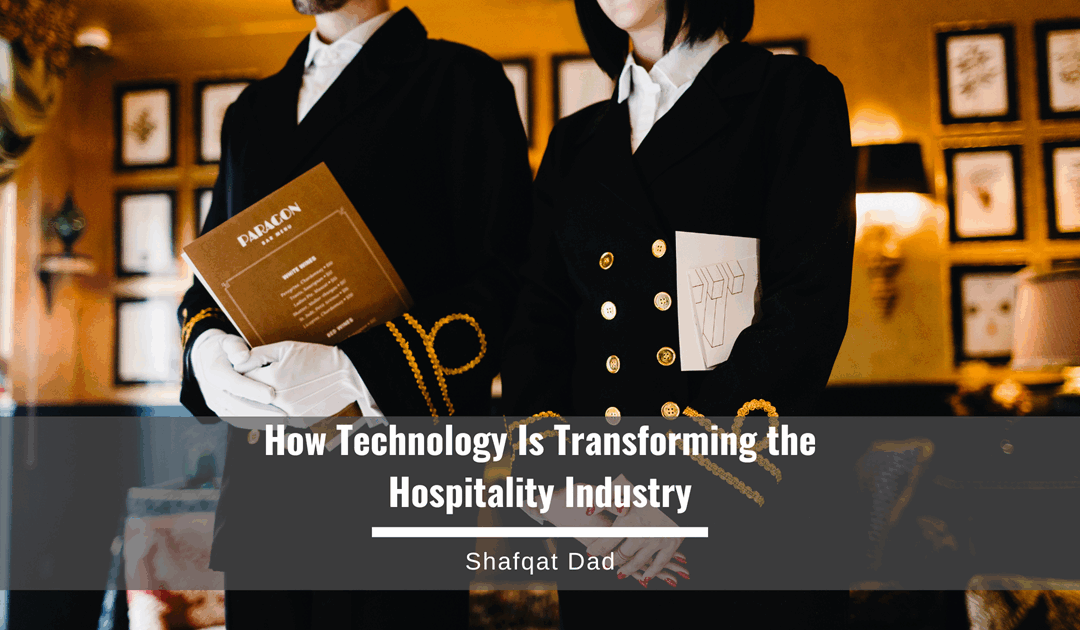Technology is revolutionizing nearly every aspect of modern life, and the hospitality industry is no exception. From guest check-in to room service, data analytics to sustainability efforts, the integration of technology has reshaped how hotels operate and how guests experience their stays. This digital transformation is not only enhancing efficiency but also creating more personalized and seamless experiences for travelers around the world.
One of the most visible shifts in hospitality has been the digitization of the booking process. Gone are the days when guests needed to call to make reservations or wait in line at the front desk. Today, users can browse photos, compare prices, read reviews, and complete a reservation—all from their smartphones. Mobile apps and websites allow travelers to manage their entire trip with just a few taps, offering convenience and control.
The guest experience begins long before arrival. Smart hotels are now using automated emails and AI-driven chatbots to provide pre-arrival information, upsell services, and even suggest local activities. These tools enhance communication, provide real-time responses, and reduce the workload on hotel staff. Artificial intelligence enables hotels to understand guest preferences, allowing them to tailor recommendations and services in a way that feels genuinely personalized.
The check-in process has also seen a major overhaul. Contactless check-in through mobile apps or kiosks has become increasingly popular, especially after the pandemic. Digital keys sent to smartphones allow guests to bypass the front desk entirely, enhancing privacy and convenience. These innovations reduce wait times, improve hygiene standards, and free up staff to focus on more complex guest needs.
Inside the guest room, smart technology is elevating comfort and control. Voice-activated assistants, app-controlled lighting and temperature settings, and smart TVs are becoming standard in many modern hotels. These tools empower guests to customize their environment and access entertainment or services with ease. In-room tablets or apps can also be used to order room service, book spa appointments, or make housekeeping requests.
Behind the scenes, hotel management is benefiting immensely from data analytics and automation. Property management systems (PMS) are now central to operations, integrating reservations, billing, housekeeping, and maintenance. These systems use real-time data to optimize room availability, predict maintenance issues, and manage staffing more effectively. Hotels can monitor guest behavior and preferences to better anticipate needs and enhance satisfaction.
Technology is also revolutionizing customer service. AI-powered chatbots and virtual concierges are available 24/7 to answer guest queries, provide local recommendations, or assist with bookings. While some guests may still prefer human interaction, these digital assistants provide a consistent and efficient alternative that many travelers appreciate.
Sustainability efforts have received a significant boost through technological innovation. Energy-efficient systems that monitor usage, smart thermostats, motion-sensor lighting, and water-saving devices all contribute to reducing the environmental footprint of hotels. Guests are also increasingly able to track their own consumption, empowering them to make eco-conscious choices during their stay.
Security and safety have also improved with technology. Biometric access, facial recognition, and enhanced surveillance systems are becoming more common in luxury and high-tech hotels. These tools not only ensure guest safety but also streamline operations by reducing the need for manual identification processes.
The impact of social media and online reviews cannot be overlooked. Hotels now rely heavily on digital reputation management, using software tools to monitor and respond to feedback across platforms. Guest reviews are more influential than ever, and hotels are using sentiment analysis to improve service and address concerns proactively.
In the long run, the future of hospitality will be shaped by continued advancements in artificial intelligence, virtual reality, and the Internet of Things (IoT). Imagine virtual room tours before booking, AI-powered personal travel assistants that plan entire itineraries, or robotic staff handling routine tasks—all these are fast becoming realities.
While technology is transforming the hospitality industry at a rapid pace, the essence of hospitality—making guests feel welcome and valued—remains unchanged. The best use of technology enhances this core principle by allowing hotels to deliver more responsive, personalized, and efficient service. In this digital age, those who blend innovation with authentic human connection are poised to lead the way in redefining the guest experience.
